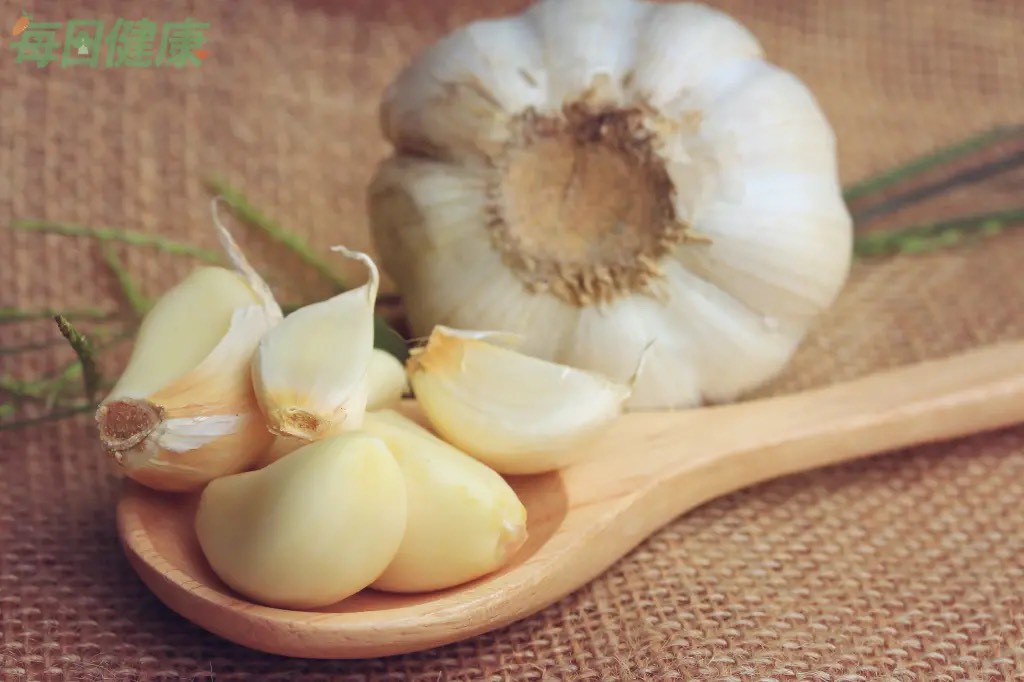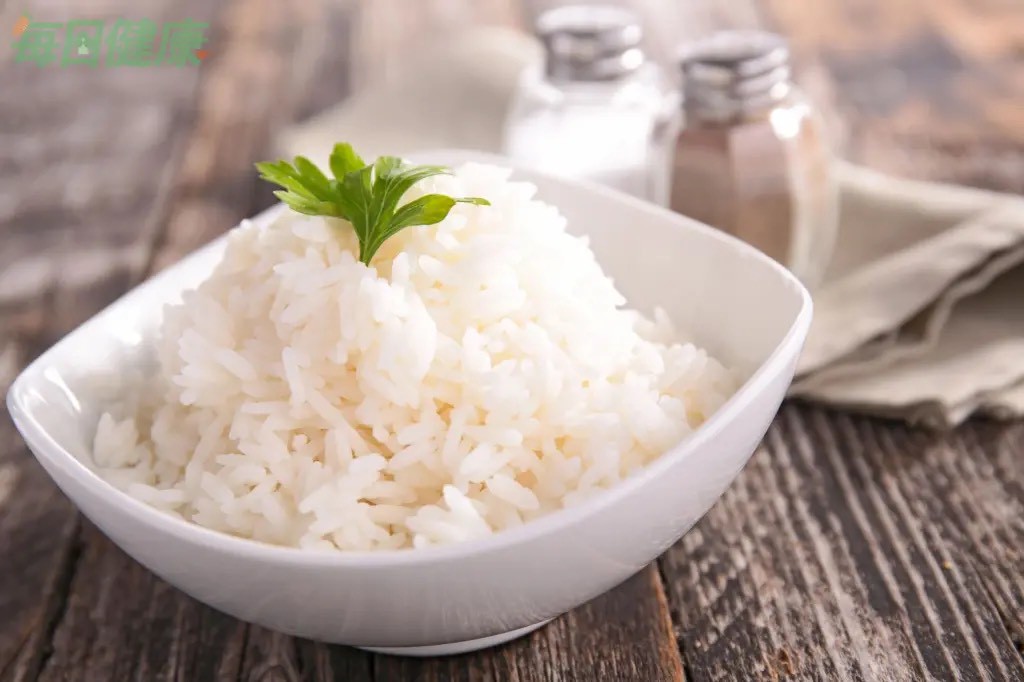Many people have the habit of putting garlic in the refrigerator, thinking it can prolong its shelf life. However, medical experts reveal that doing so can be dangerous to health and even lead to cancer.
Dr. Dimple Jangda, a nutrition and digestive health expert from India, explains that many people are unaware that there are certain types of food that should not be stored in the refrigerator. They unknowingly keep these foods in the refrigerator, causing their bodies to be exposed to harmful substances.
Here are 4 types of food that Dr. Dimple Jangda mentioned:
1. Peeled Garlic
Dr. Jangda warns, “Never store peeled garlic in the refrigerator as it quickly spoils and develops mold.” The mold in garlic is associated with cancer. The moisture in the refrigerator accelerates the growth of mold.


Jangda suggests that you can buy fresh garlic and keep it with the skins intact before using it, as this can extend its shelf life. If you want more convenience, you can also buy pre-peeled garlic or soak peeled garlic in vinegar and store it in the refrigerator.
2. Onions
In addition to garlic, onions are also commonly mistaken to be stored in the refrigerator.
Dr. Jangda advises placing onions in a dry cupboard or pantry, avoiding damp places like the refrigerator. This can prolong their shelf life and prevent them from spoiling.

Dr. Jangda further shares that if onions are not stored properly in the refrigerator, they can absorb bacteria from the surroundings and increase the risk of spoilage.
She even reveals that in some places, slices of onions are placed in the corners of patient rooms to absorb harmful bacteria. This also demonstrates the onion’s ability to absorb bacteria.
Therefore, although the outer appearance of onions may not appear moldy, they can absorb a large amount of bacteria when stored for too long in the refrigerator, which can potentially affect health in the long run.
Studies have shown that many households in the US only clean their refrigerators once or twice a year. Thus, you can imagine how easily bacteria can transfer to food, making onions a potential hidden threat to health.
3. Fresh Ginger
Dr. Jangda also addresses the issue of storing fresh ginger. She says, “Fresh ginger can quickly develop mold when stored in the refrigerator. This type of mold is related to kidney and liver disorders. Although fresh ginger itself is beneficial for kidney health, improper storage can be harmful.”

4. Cooked Rice
In addition, Dr. Jangda also advises against storing rice in the refrigerator.
She explains, “Many people put rice in the refrigerator with the intention of reducing starch content. But in reality, rice is one of the most susceptible food items to mold. If it must be stored in the refrigerator, it should not be kept for more than 24 hours.”
Other experts like Dr. Janine Bowring from Canada also agree and say, “Never eat leftover rice.” Leftover rice tends to quickly develop mold in the refrigerator and spoils faster than other food items.

Dr. Bowring also mentions that rice can produce a type of bacteria called “b. cereus,” which is associated with food poisoning.
Onions, fresh ginger, and cooked rice are three other foods that should be avoided for refrigerator storage. Onions can absorb bacteria from their surroundings, fresh ginger can develop mold related to kidney and liver issues, and cooked rice is susceptible to a type of bacteria called “b. cereus,” which causes food poisoning.
Onions stored in the refrigerator can absorb bacteria, increasing the risk of spoilage. This is why it’s recommended to keep them in a dry cupboard or pantry instead. Additionally, onions have the ability to absorb harmful bacteria, as demonstrated by their use in patient rooms to absorb such bacteria.
Fresh ginger should not be stored in the refrigerator as it can quickly develop mold, which is harmful to kidney and liver health. It’s best to find alternative storage methods to maintain its freshness and avoid any health risks.
Cooked rice is not recommended for refrigerator storage as it is highly susceptible to mold and can develop bacteria that cause food poisoning. If stored in the refrigerator, it should not be kept for more than 24 hours to minimize potential health risks.







































